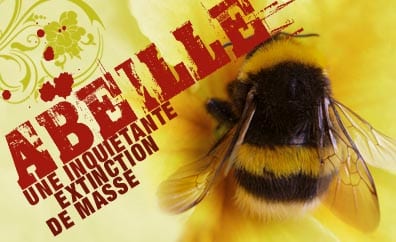The British government has expressed an intention to ban pesticides harmful to bees, particularly targeting neonicotinoids such as clothianidin, imidacloprid, and thiamethoxam. These substances have shown their ability to poison bees by affecting their nervous system, thereby threatening biodiversity and the food chain. However, facing a regulatory dilemma, the highly toxic neonicotinoid pesticide Cruiser SB could see its use permitted next year. Behind this consideration lies the pressure from the National Farmers’ Union and British Sugar to continue the use of this chemical to manage sugar beet crops affected by the yellows virus. This situation highlights the tensions between environmental imperatives and agricultural needs.
The United Kingdom seems intent on banning harmful pesticides for bees, focusing on the elimination of neonicotinoids such as clothianidin, imidacloprid, and thiamethoxam. These substances are known to poison bees by destroying their nervous system. A telling example is the pesticide Cruiser SB, powerful enough to kill 1.25 billion bees with just a teaspoon. However, despite these regulatory intentions, thiamethoxam could be exceptionally allowed for use on sugar beet under specific climatic conditions, a practice observed every year since 2021. This situation illuminates the challenge of reconciling agricultural imperatives with the protection of bees, which is essential for biodiversity and food security.

proposed ban on harmful pesticides for bees in the United Kingdom
The British government has revealed its intention to ban destructive neonicotinoid pesticides for bees, with a determination to legislate to protect these essential insects in our ecosystem. Since the announcement of this measure, many experts have supported this initiative, emphasizing the urgent need for solutions to halt the decline of bees. Despite these promising plans, some highly toxic pesticides such as Cruiser SB might still continue to be used under exceptional circumstances, following requests made by the National Farmers’ Union and British Sugar. This raises debates about the effectiveness and scope of this ban. To fully understand this crucial issue, consult this article on regulatory changes.
environmental impact of neonicotinoids on bees
Neonicotinoids work by destroying the nervous system of insects, thus posing a lethal threat to bees. An apiculture expert from the University of Sussex underscores that a mere teaspoon of these chemicals could exterminate up to 1.25 billion honeybees, while even at non-lethal doses, their foraging ability is affected. The environmental impact of these pesticides is formidable, as they seep into soils and persist there for years. Furthermore, the indispensable role of bees in pollination and their contribution to food production place them at the heart of contemporary ecological concerns. This excerpt from the Greenpeace France study highlights the urgency for coordinated action in their favor.
legislative advancements and future perspectives
The Environment Minister, Emma Hardy, has expressed her department’s commitment to banning harmful products for bees, stating that this represents a crucial advance for the long-term health of the environment and waterways. This legislative framework aims to prevent the decline of biodiversity by providing increased protection for bee populations. Nevertheless, efforts must continue to strengthen national action plans on pesticides, which remain too lenient. The following article sheds light on the expected developments in this area. The United Kingdom continues to explore ways to combine agricultural development with sustainable agriculture for a harmonious coexistence with bees.
Articles similaires
Thank you!
We will contact you soon.














